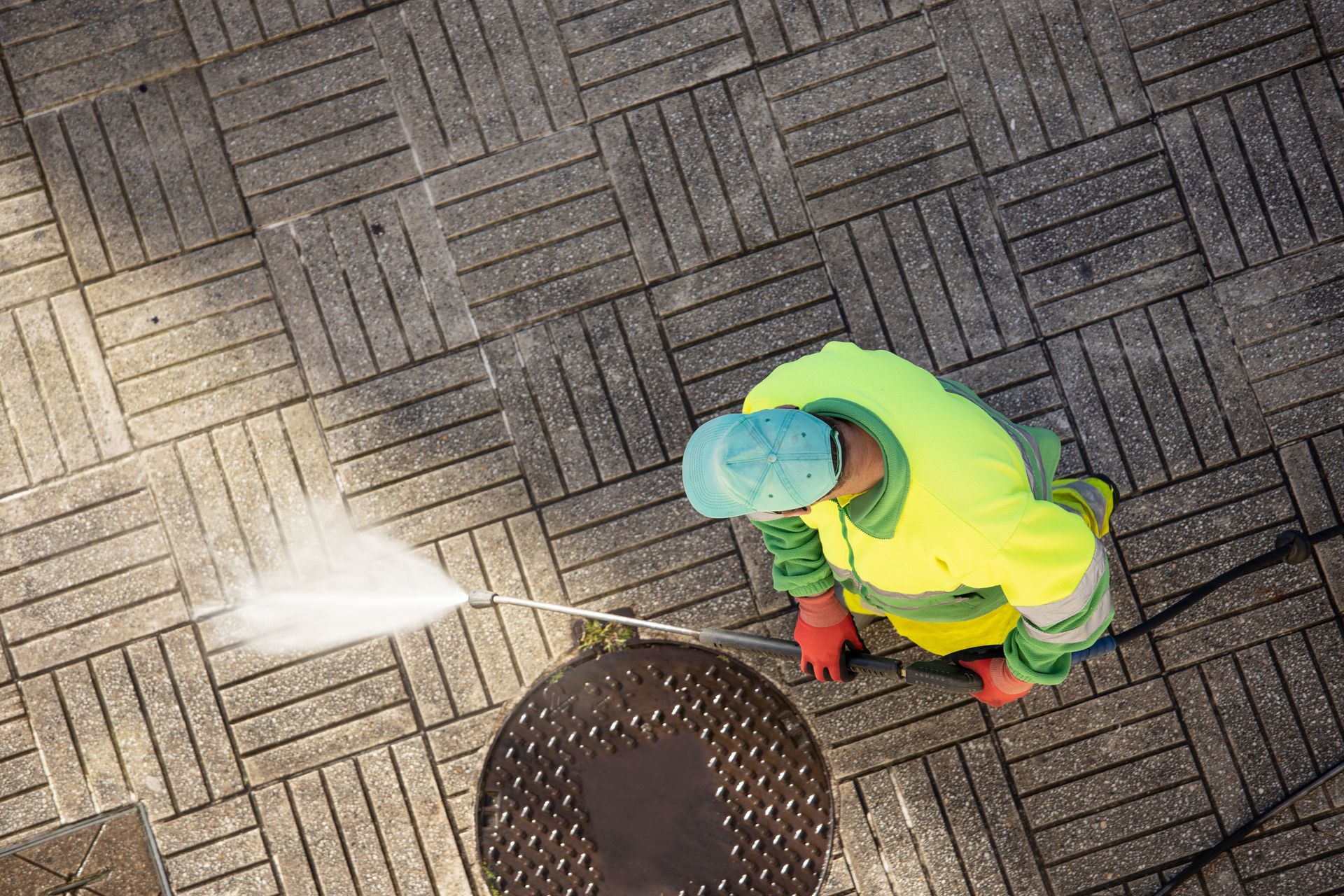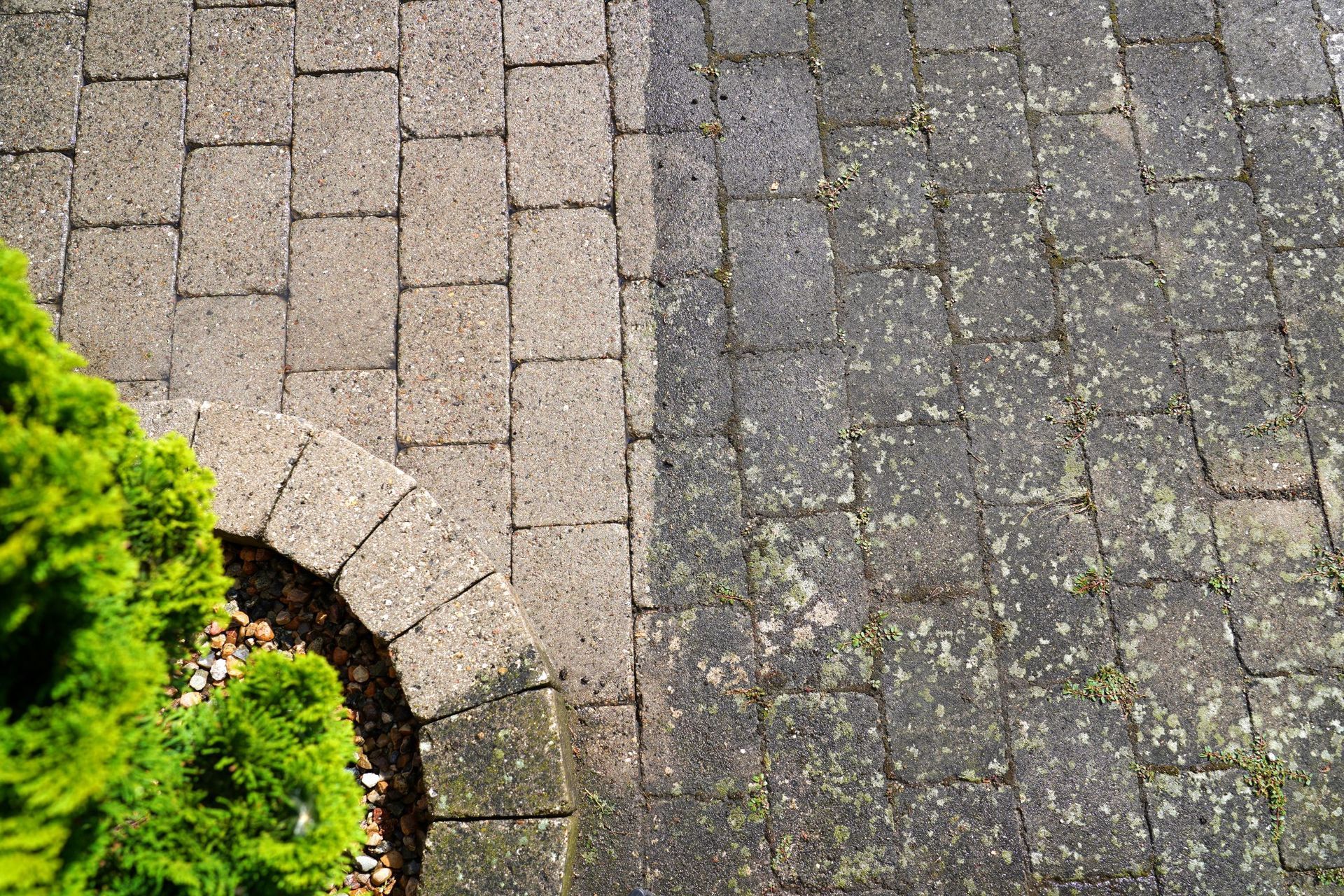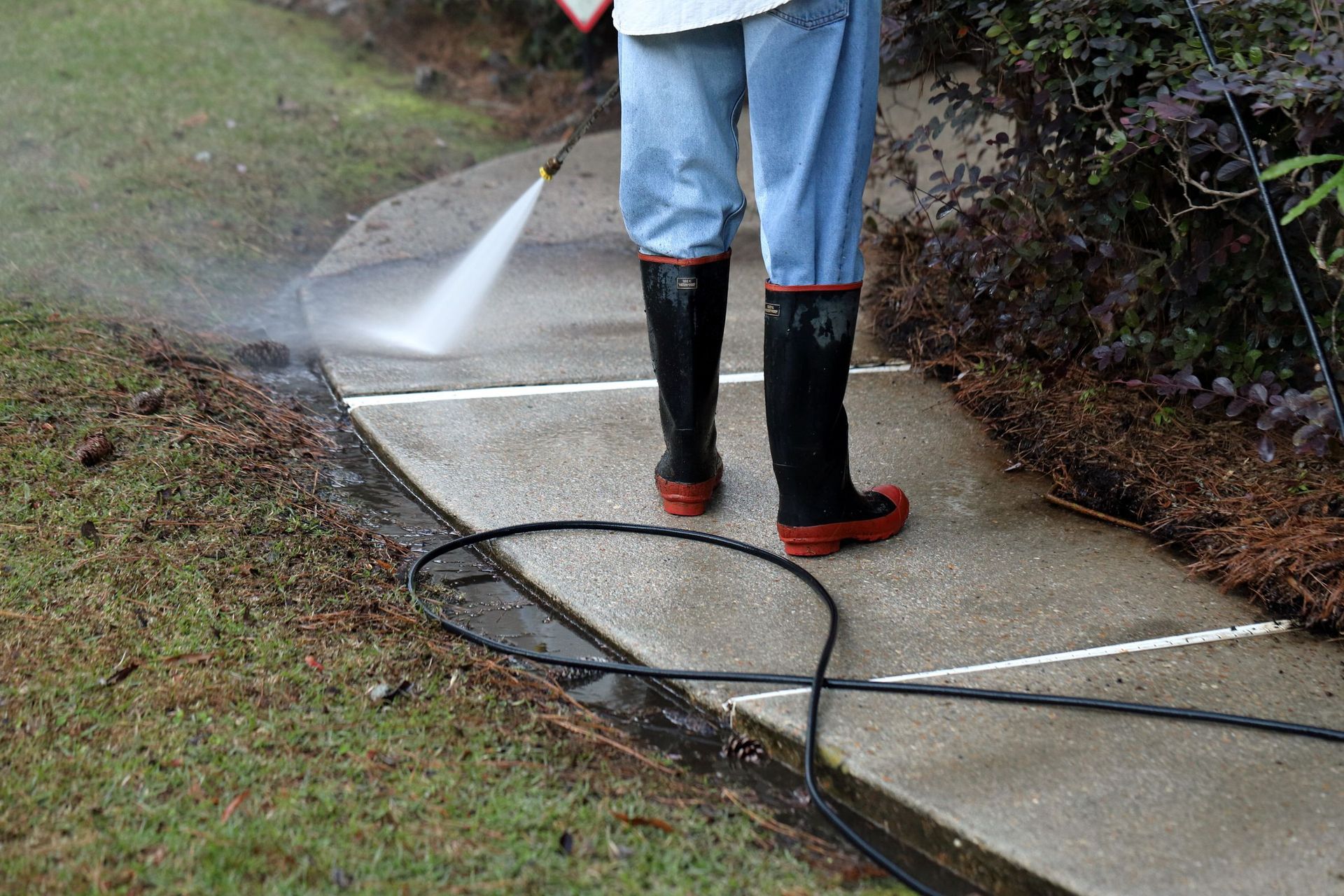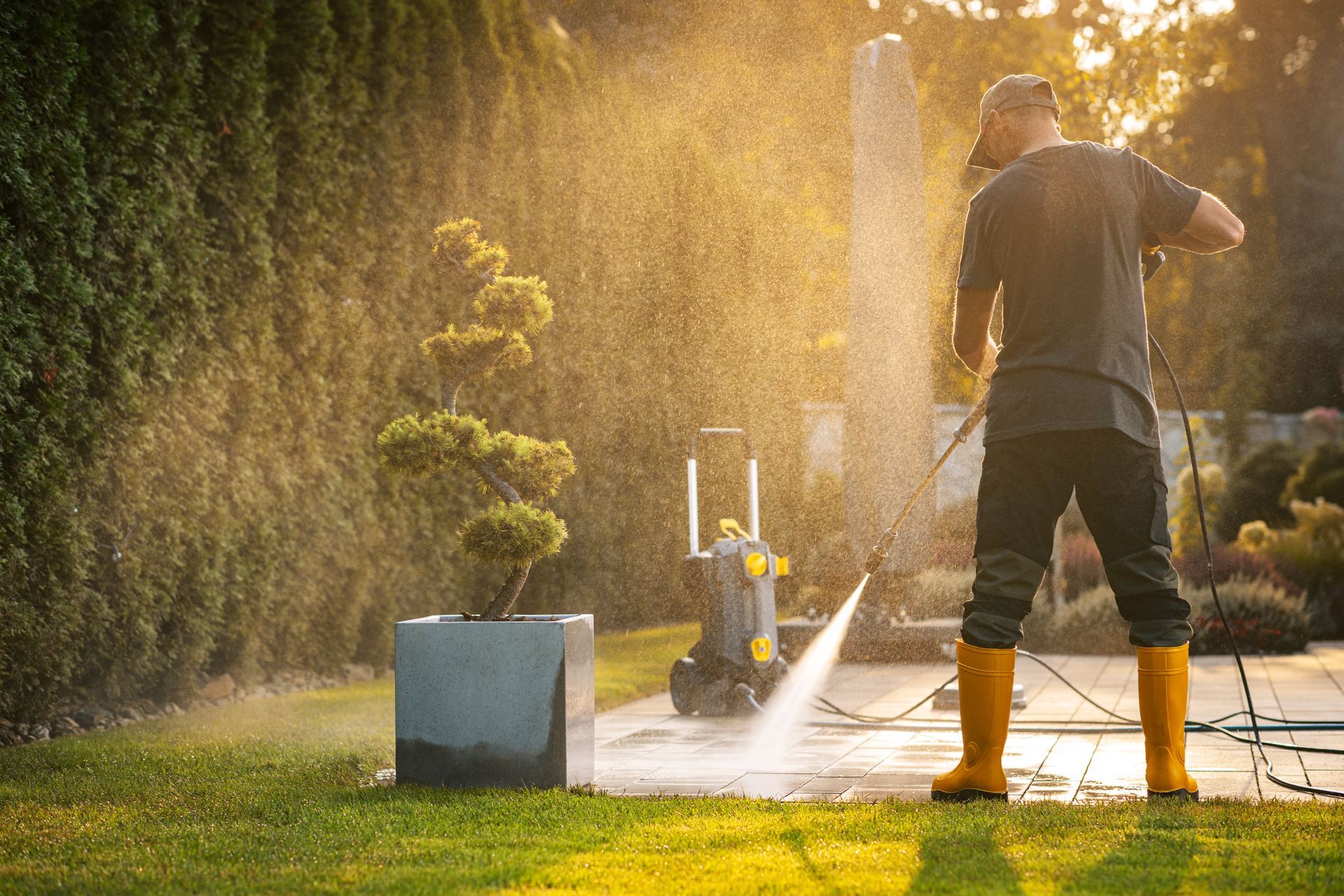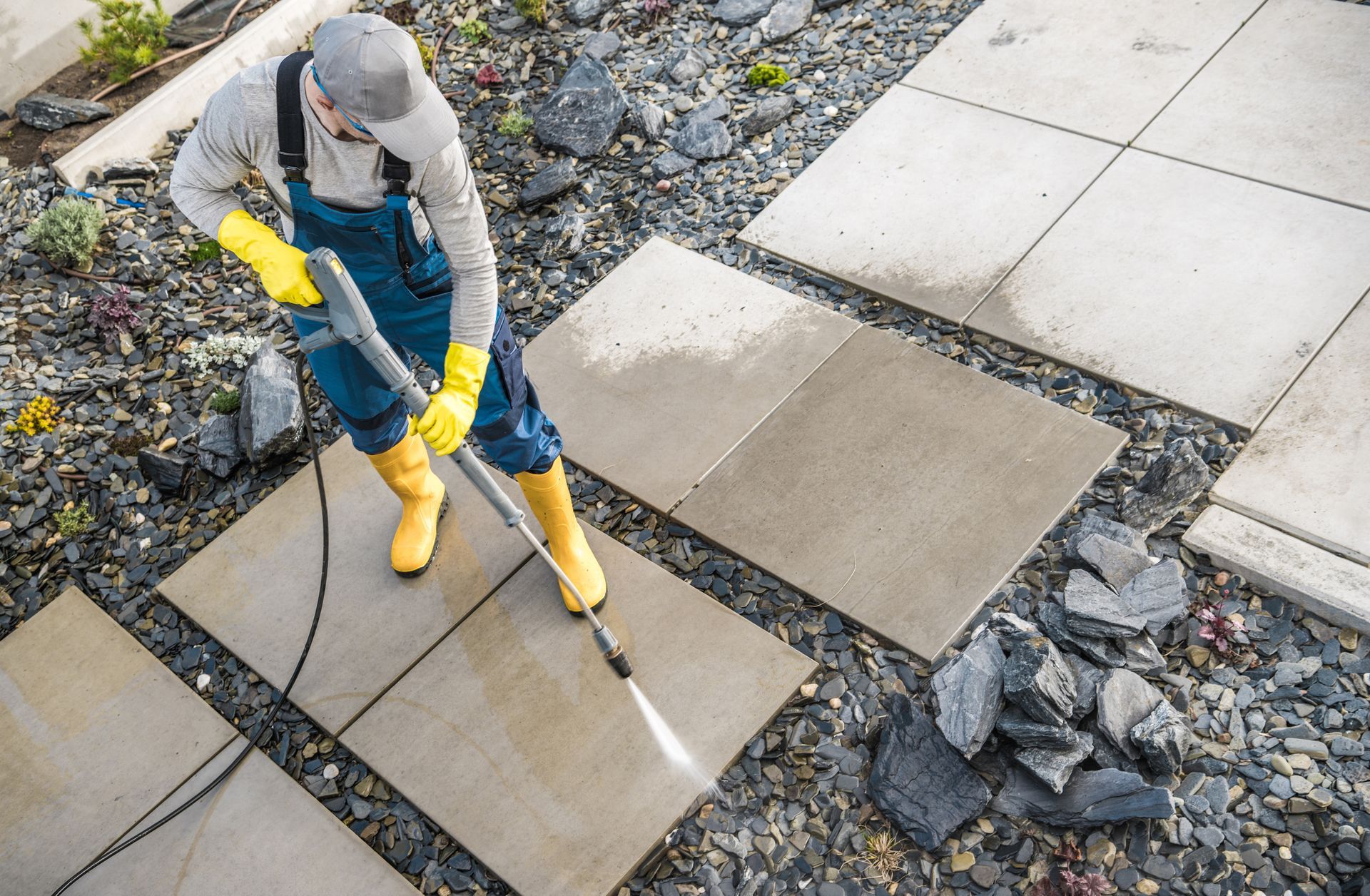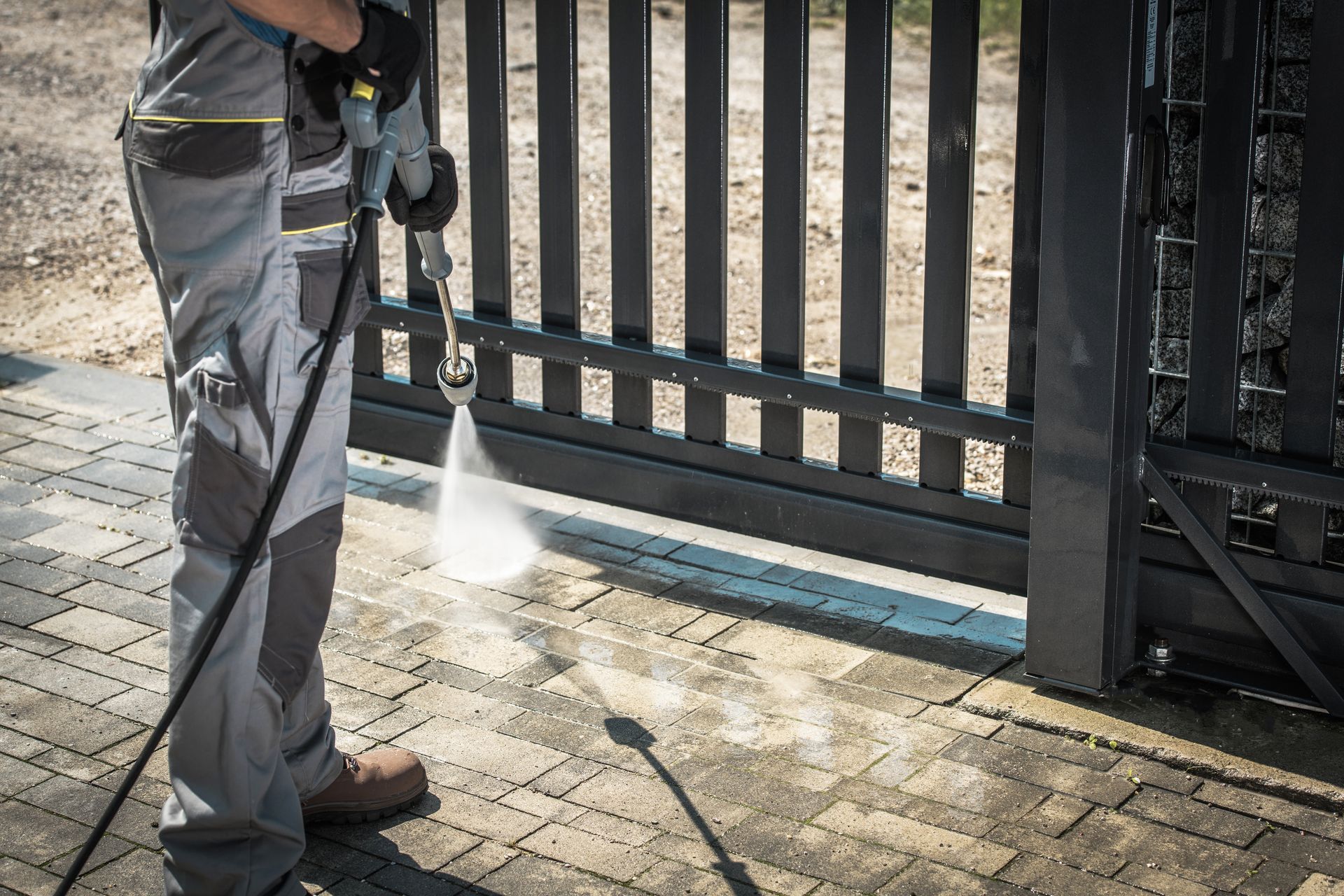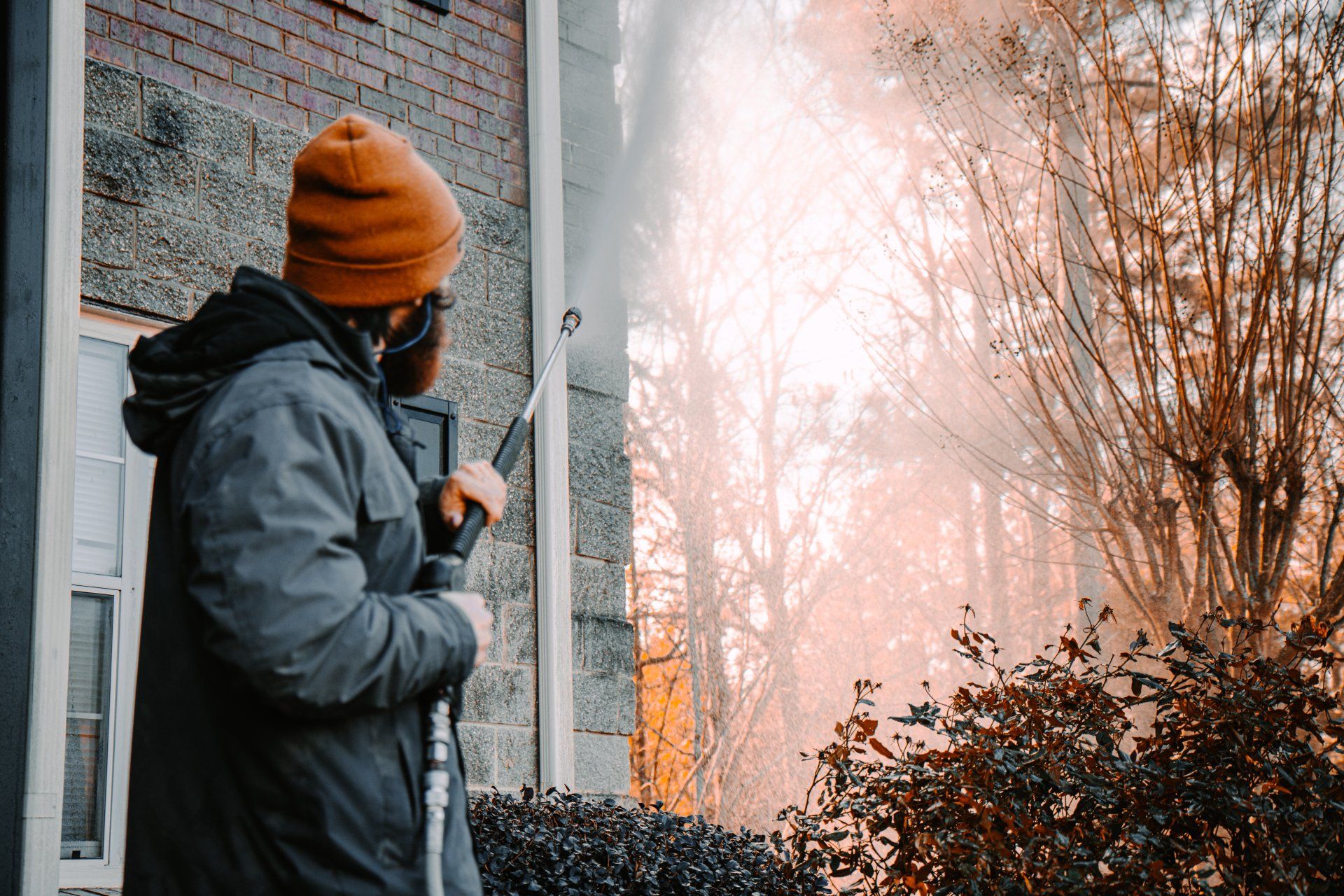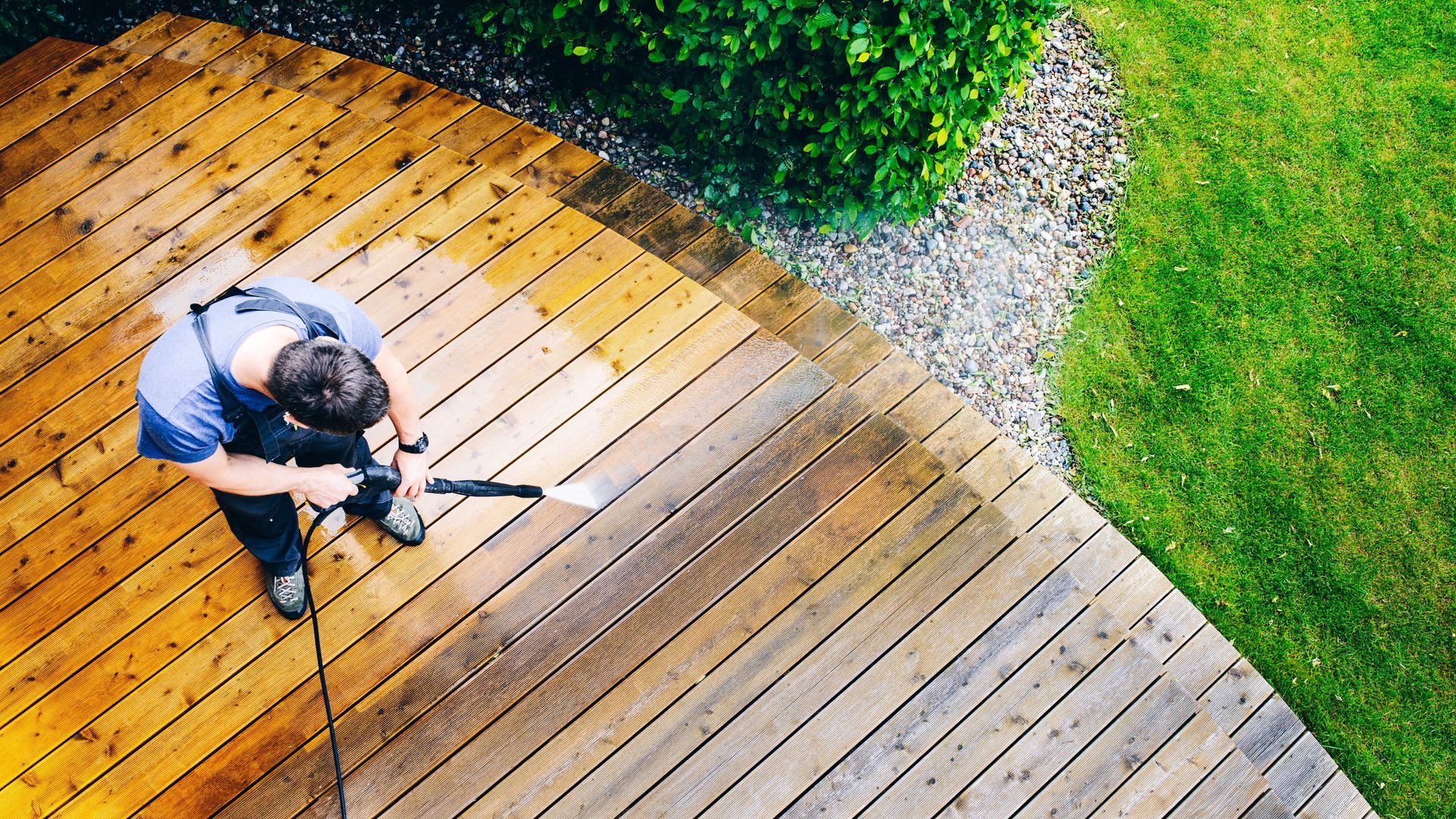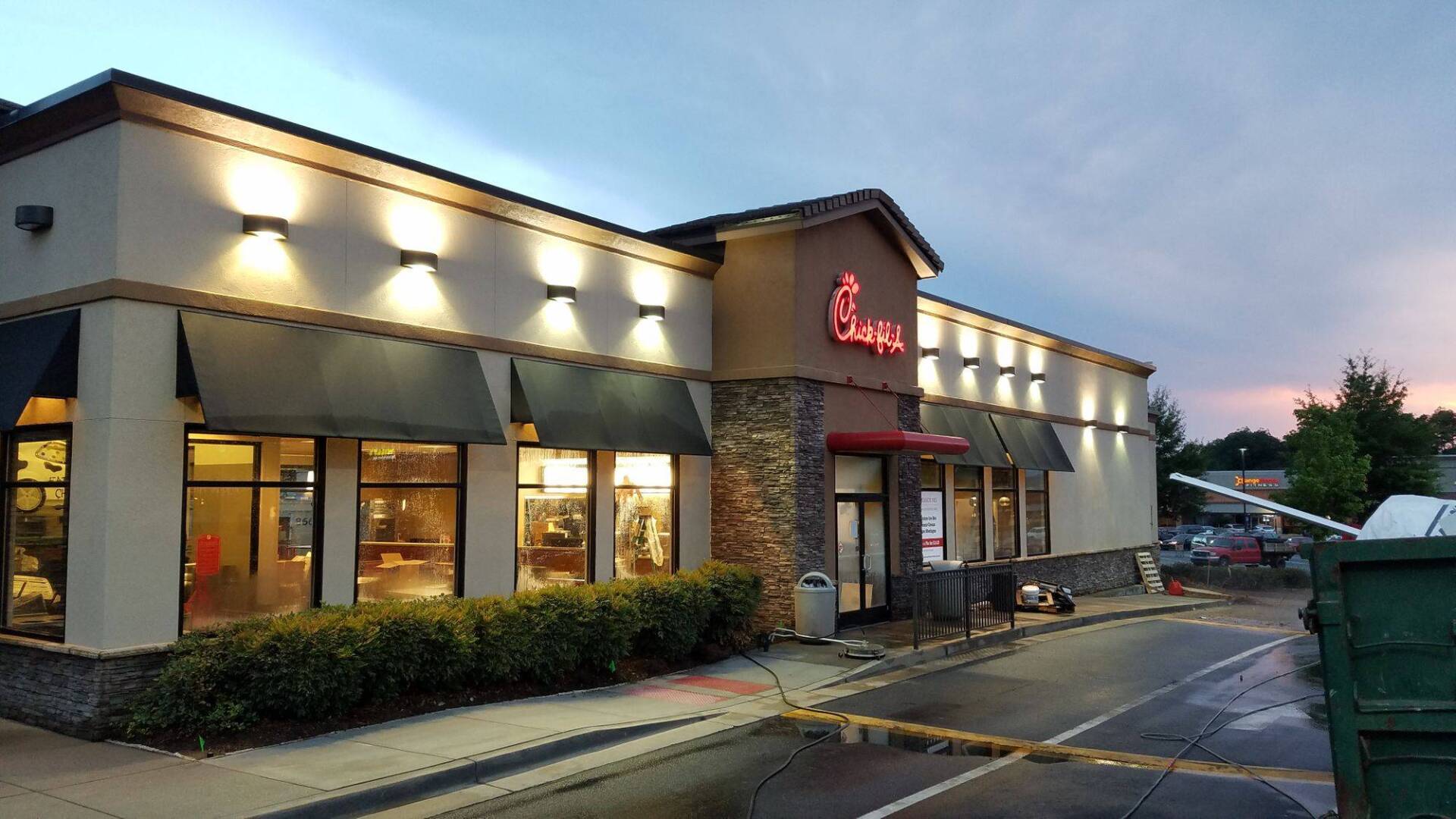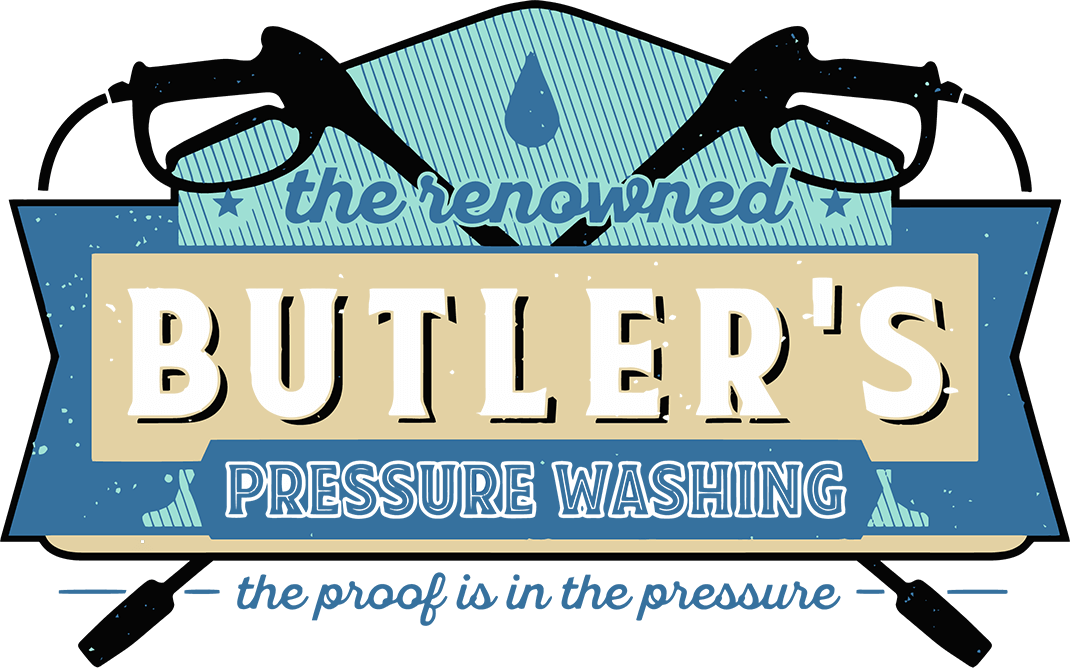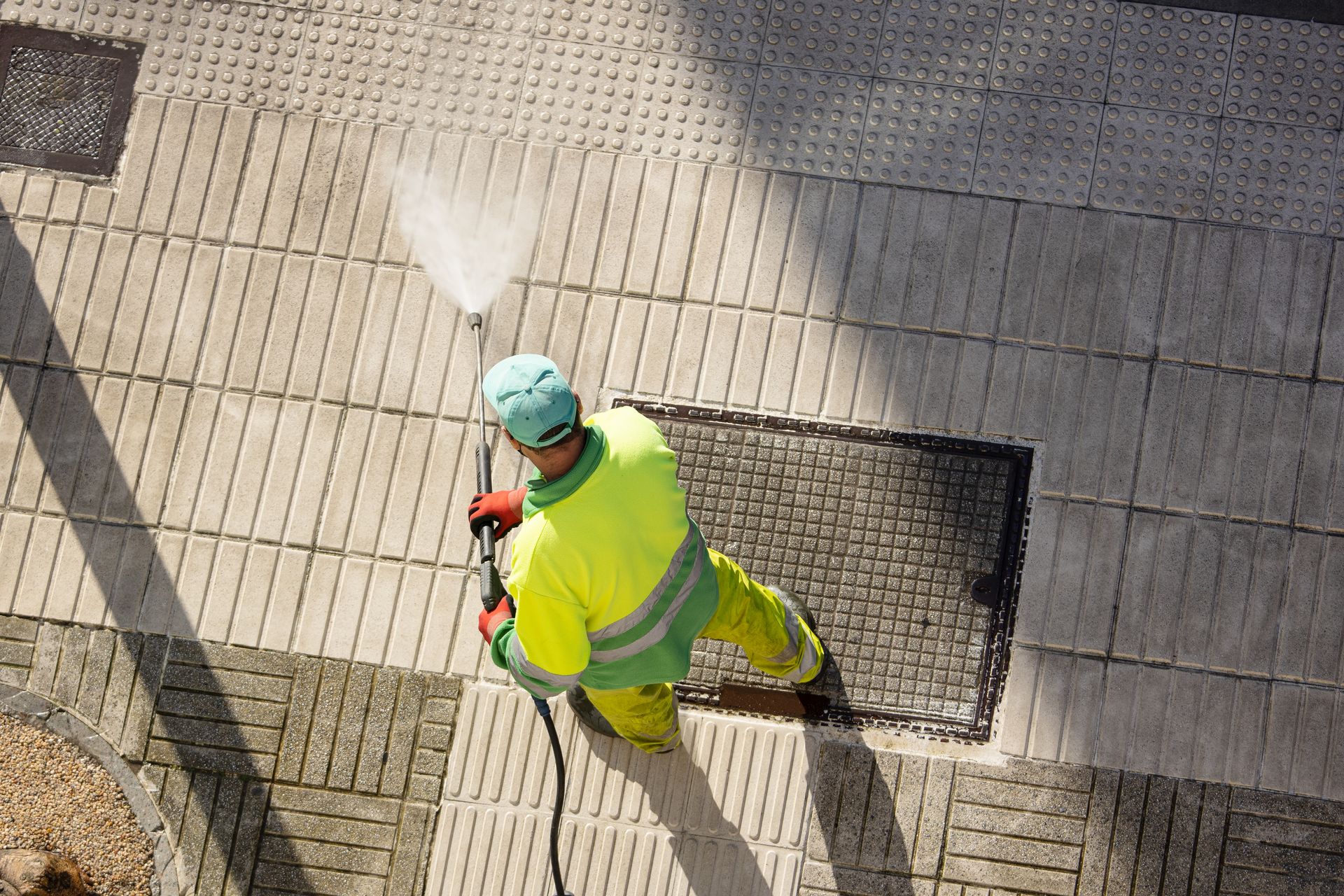When Soft Washing is Done Versus Pressure Washing
Cleaning the exterior surfaces of a home or business is one of the most effective ways to preserve curb appeal, extend the life of materials, and prevent damage caused by mold, mildew, and grime. Two common methods are soft washing and pressure washing. While they may sound similar, the techniques, equipment, and best-use cases differ significantly. Understanding when to use one versus the other is key to achieving a thorough clean without causing unnecessary wear or damage.
What Is Pressure Washing?
Pressure washing uses a high-powered stream of water, often ranging from 1,300 to over 3,000 PSI (pounds per square inch), to blast away dirt, grease, loose paint, algae, and other contaminants. This method is particularly effective for hard, durable surfaces that can withstand strong water pressure.
Typical uses for pressure washing include:
- Concrete driveways and sidewalks: Oil stains, tire marks, and deeply embedded dirt come off more easily with high pressure.
- Brick or stone patios: Moss, weeds, and buildup between cracks respond well to forceful water streams.
- Decks made of composite or pressure-treated wood: With careful technique, pressure washing can restore surfaces by removing years of grime.
- Metal fences or equipment: Rust and tough dirt are more easily dislodged with pressure.
Because of its power, pressure washing is not recommended for delicate surfaces. Improper use can strip paint, scar wood, or even loosen siding.
What Is Soft Washing?
Soft washing uses a low-pressure spray combined with specialized cleaning solutions, often containing biodegradable chemicals such as sodium hypochlorite, surfactants, and water. Instead of relying on force, soft washing depends on the cleaning agents to break down dirt, mold, algae, and biological growth at their root.
Typical uses for soft washing include:
- Roofs: Asphalt shingles, clay tiles, and slate are easily damaged by high pressure, so soft washing safely removes moss and algae without loosening granules or cracking tiles.
- Vinyl siding: Soft washing eliminates mildew and dirt without forcing water behind the panels.
- Stucco and painted surfaces: These materials can chip or crack under high pressure, making low-pressure cleaning a safer choice.
- Screens, outdoor furniture, and delicate trim: Soft washing protects fragile surfaces while still removing buildup.
Soft washing not only cleans but also sanitizes, helping to prevent regrowth of mold and algae for longer-lasting results.
Key Differences Between the Two Methods
The main difference comes down to pressure versus chemical action. Pressure washing uses sheer force to clean durable surfaces, while soft washing relies on cleaning solutions and gentle application.
- Risk level: Pressure washing carries a higher risk of surface damage if not done properly. Soft washing, when performed with the correct chemical balance, is safer for fragile materials.
- Effectiveness: For stains like oil, grease, or heavy mud, pressure washing is superior. For organic stains—mold, algae, mildew—soft washing works better, as it treats the root cause.
- Longevity: Because soft washing kills spores and organisms, its effects often last longer than pressure washing, which may only remove surface-level buildup.
When to Choose Each Method
- Use pressure washing for hard, non-porous surfaces that can withstand high pressure: driveways, sidewalks, garage floors, stone walls, and some decking.
- Use soft washing for surfaces prone to damage or biological growth: roofs, siding, screens, fences, and painted exteriors.
In many cases, professional exterior cleaning companies use both methods in combination. For instance, they may pressure wash a driveway while soft washing the siding and roof during the same service visit.
Hire Butler’s Pressure Washing for Your Pressure Washing Needs
Both soft washing and pressure washing have their place in property maintenance. Choosing the right method depends on the type of surface, the type of dirt or stain, and the desired longevity of results. When in doubt, consulting a professional ensures the correct balance of pressure, cleaning solutions, and technique. Done properly, these methods not only improve curb appeal but also protect the integrity and lifespan of your property.
Based in Athens, GA,
Butler's Pressure Washing is proud to serve residents in Athens, GA and surrounding areas. We strive for excellence in all of our projects to ensure that our customers are fully satisfied with our services. We are thorough and have great attention to detail, which is important when it comes to pressure washing. If you would like a free estimate and to schedule a residential washing service,
contact us today!
